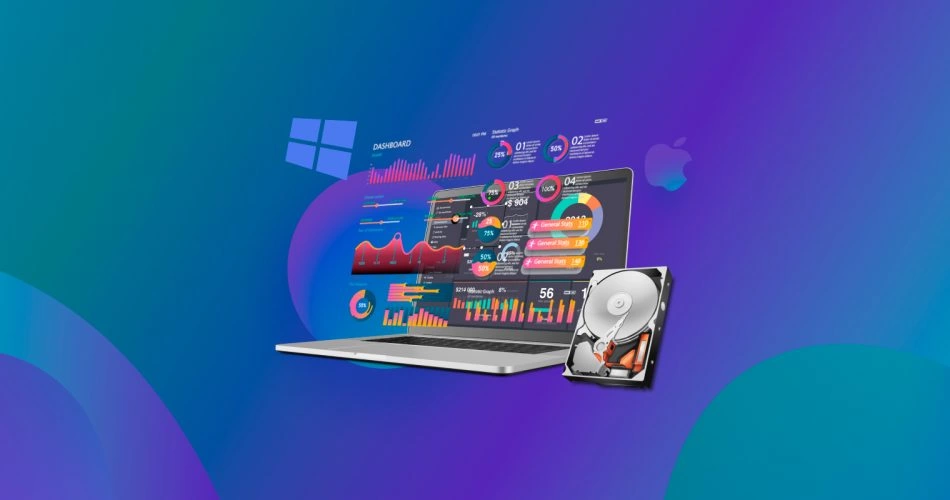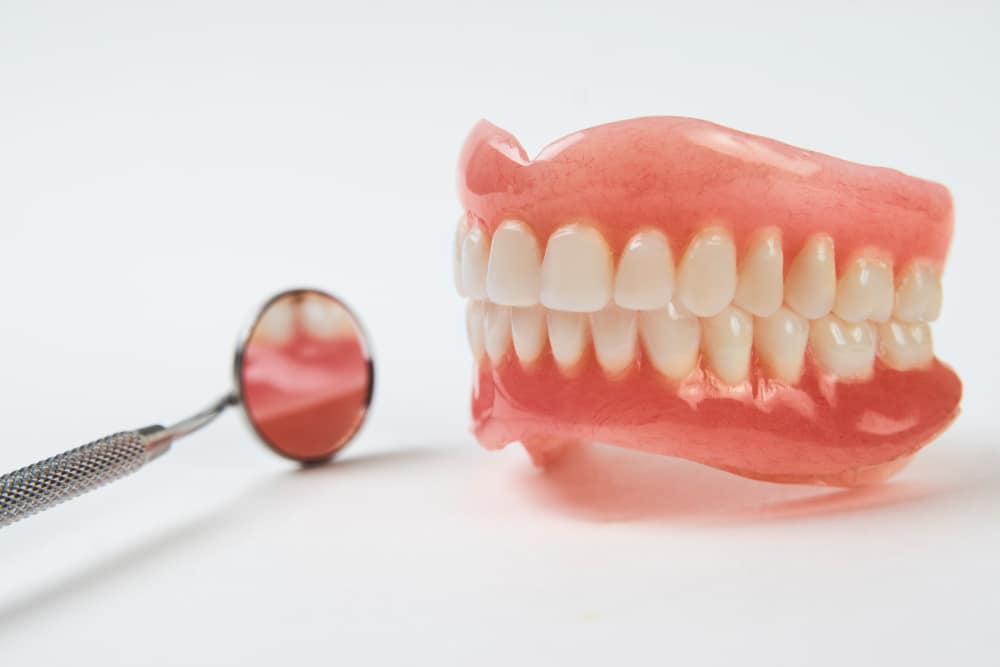Whether you use a state-of-the-art gaming laptop or an ordinary one, many elements affect your laptop by slowing it down and impacting its overall performance. Luckily, you don’t have to throw away your laptop or replace it just yet. There are certain ways to improve its performance, which we will look at in this article.
Factors That Can Slow Down Your Laptop
Before we discuss ways to improve your laptop’s performance, we must first look at what can slow it down.
1. Internet Issues
Slow internet speeds may be the simplest reason you cannot play your games, particularly online. Online gaming requires steady fast internet. If you notice your game is lagging, check your internet speeds.
2. Overheating

Laptops can easily overheat because the hardware components are usually close to one another, limiting airflow in the laptop. If your laptop is not well-ventilated, the heat from these components can result in thermal throttling.
Your laptop mitigates thermal throttling by decreasing the central processing unit (CPU) or graphic processing unit (GPU) speeds to cool it and prevent any damage. This results in lagging.
One way to know that your laptop fans are not functioning well is through the noise it makes, and there are many ways you can silence a noisy laptop fan.
3. Overworking Your Laptop
Just like software, different games have different requirements to run well. Your laptop will lag if it does not meet the minimum system requirements for a game. Therefore, if your laptop only lags when playing certain games, check the minimum system requirements of the game to ensure they match.
Another way you can overwork your laptop is by having too many programs working in the background. Programs consume your laptop’s random access memory (RAM) and CPU, affecting your laptop’s performance.
4. Connecting Too Many Devices
As a gamer, you probably have different devices connected to your laptop when you play. All these devices can cause it to slow down since they consume CPU, RAM, and storage. How slow your laptop depends on how many devices are plugged in.
5. Gaming While Using Your Battery
No matter which gaming laptop you have, running a game when your laptop is plugged out can slow it down when you play. The CPU and GPU perform optimally when they are not restricted by power.
6. Viruses and Malware

Malicious software, also known as malware and viruses, can use up resources, corrupt your laptop’s hardware, and affect programs that help your laptop run smoothly. When important programs fail to operate, your laptop will slow down.
7. Insufficient RAM
Enough RAM enables the CPU in your laptop to access and update the data needed for the game more quickly. When the RAM is insufficient, your CPU will get that information from the storage device.
How to Improve Laptop Performance
Now that you know how your laptop can slow down let us look at how you can prevent and fix these issues.
1. Speed up Your Internet
You can connect your laptop to your internet using an ethernet cable if your WiFi speeds are slow. If this does not work, you may need to consider changing your internet service provider.
2. Overheating
When your laptop overheats, you need to take the necessary measures to cool it down. To do this:
- Power down your laptop. Switching off your laptop will give it time to cool down.
- Close unused and unnecessary programs. You can do this via the Task Manager for windows machines. If you are using a Mac, you can close running programs from the Menu bar using Command+Q or Command+Q+Tab.
- Replace the thermal paste. The thermal paste transfers heat from the CPU to the heat sink, and replacing it will help regulate heat better.
- Clean your laptop. Your laptop accumulates dust and other particles that can affect your laptop’s ability to regulate heat effectively. Cleaning your laptop every so often will prevent dust from accumulating over time and enable it to cool properly.
- Use your laptop on a cold hard surface rather than a soft, warm one.
- Check your laptop’s internal temperatures.
- Lower graphic and FPS settings to ease the load on the CPU and GPU.
- Invest in a laptop cooling pad.
3. Unplug Some External Devices

If you notice your laptop is lagging, unplug some devices to improve performance. Avoid using high-resolution monitors that require a lot of work to render images.
4. Uninstall and shut down Unused Programs
Shut down programs running in the background and uninstall those not being used. You can also check for programs that use a lot of CPU and disable unnecessary ones that launch on start-up.
5. Upgrade your RAM
A laptop requires at least 8GB of RAM for a game to run smoothly. If you use your laptop for other functions as well, you will need to upgrade your RAM to avoid lagging.
6. Delete Viruses and Malware
Scan your laptop for viruses and malware and delete them.
In Conclusion
A slow computer can be very frustrating, especially when you cannot execute basic functions such as loading a website or opening a folder. With the tried and tested tips above, you should be able to increase your machine’s performance.





